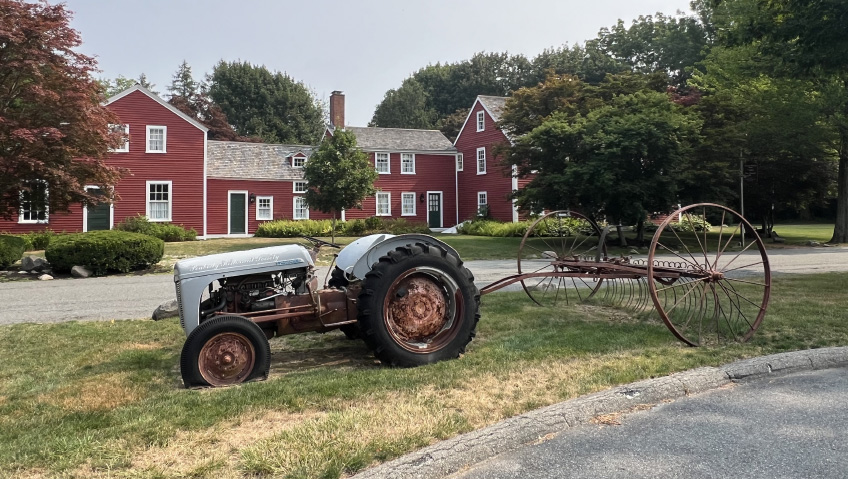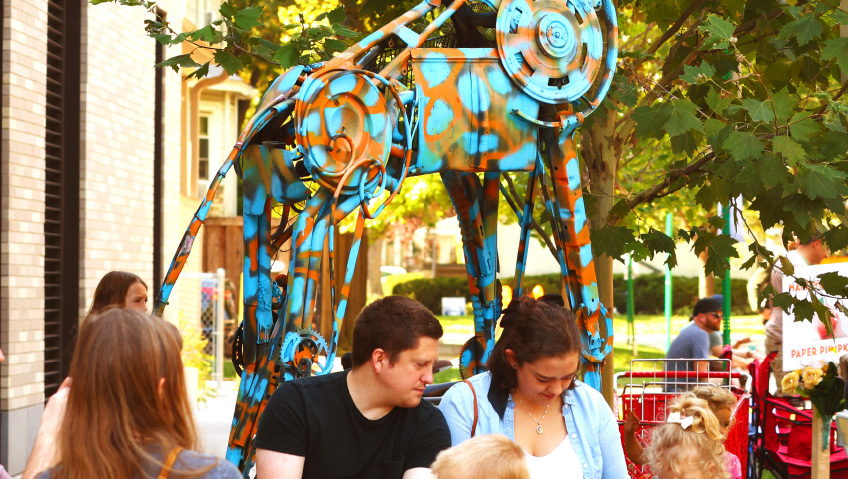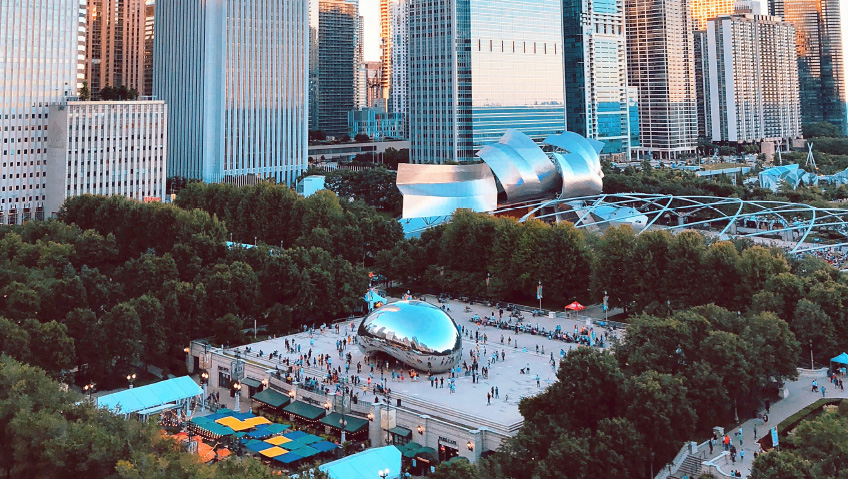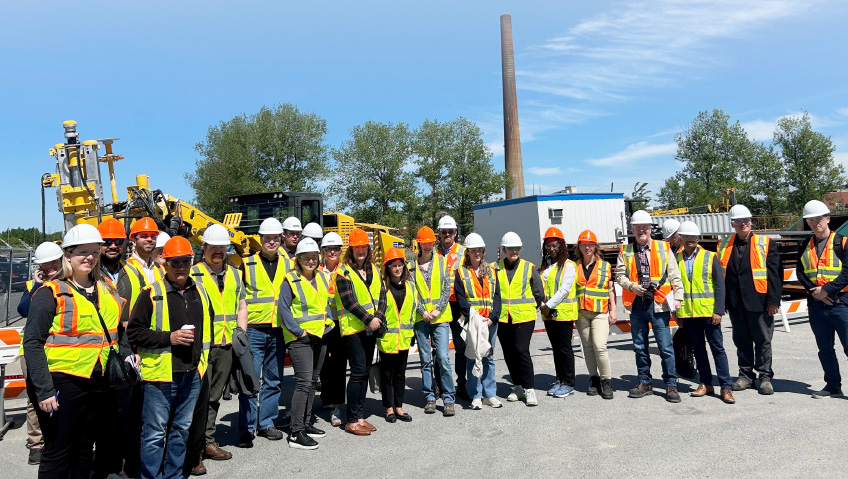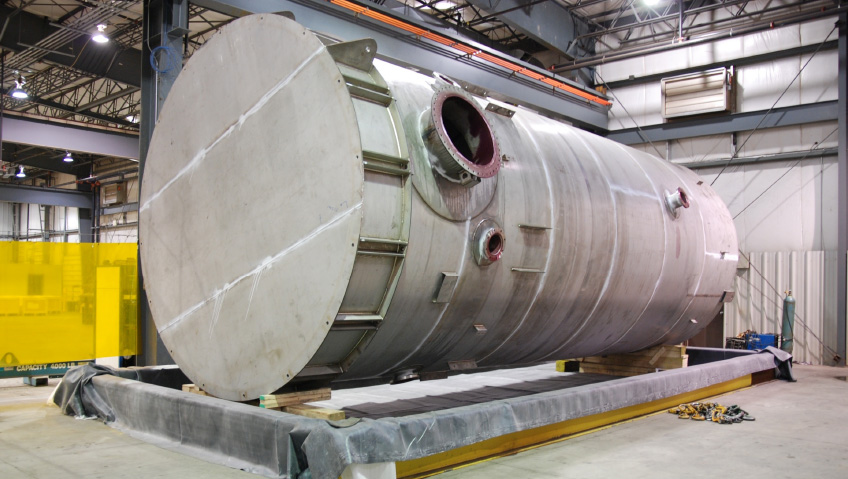In verdant Massachusetts, the City of Peabody is a vibrant, diverse community of about 54,000. It is a place of beauty and rich history that is warm and welcoming to newcomers and businesses. For those starting up, winding down, or in search of a strong economy and a progressive city in which to build a business, Peabody has all the modern amenities one could ever need.
Chosen as one of America’s 100 Best Places to Live by Money Magazine in 2012, Peabody has aged like a fine wine. It was also awarded number 14 among Forbes’ Most Livable Cities in 2009, a legacy it has diligently built on since. These days, the city is favored by people of all ages as a quality, affordable alternative to more expensive areas across the country.
Peabody is proud of its strengths—safety, a thriving economy, quality education, and affordability. “We offer great municipal services while being one of the most affordable cities in all of Massachusetts in terms of our tax levy and our average tax bill,” says Chris Ryder, Chief of Staff and Business Liaison.
And it’s not only young families and single professionals who find it a great place to settle. Peabody is also ideal for seniors looking for a city where they are welcomed and accommodated in style. Part of the AARP Network of Age-Friendly Communities since 2017, the city is committed to promoting healthy and active aging and enhancing the quality of life for older residents.
The Peter A. Torigian Senior Center is a hub for thousands of older residents and has long been the envy of the entire North Shore region. From transportation to meals to social services to an Adult Day Health Center, the senior center and its dedicated staff and volunteers are a big part of what makes Peabody so special.
Peabody is rich in commercial resources with much space for growth, including busy State Routes 1 and 114, both of which have grown into dynamic business centers humming with activity and potential. The city’s largest employer and taxpayer, the Northshore Mall, features more than 150 specialty stores alongside fitness and entertainment facilities and a wide range of dining options. As part of its latest redevelopment upgrades, the mall has an outdoor dining zone, the Promenade, which is immensely popular with locals and visitors who enjoy al fresco dining.
Indeed, the city’s restaurant scene is as lively as the community itself, reflecting the origins of its many residents. From Greek, Spanish, and Italian to Mexican, Korean, and Thai, there are enough cuisines on offer here to keep even the most adventurous diners entertained.
Peabody has a long history as a commercial hub, having once been known as “Leather City,” and was among the world’s largest producers of this valuable commodity. The leather industry’s roots were grafted onto the foundations built by local Indigenous peoples, who had originally identified that local streams and tributaries feeding into the Ipswich, Danvers, and Waters Rivers were ideal for working leather. They were already practicing the craft when European settlers arrived, and by the late 18th century, the newcomers had established their own operations.
Today, the city’s commercial base is notably diverse, even as its industrial and corporate landscape has evolved significantly. Centennial Park, the “North Shore’s most accessible business park,” just 17 miles from Logan International Airport and the City of Boston, has become an economic powerhouse and a most sought-after addresses for international and local tech giants and others in need of corporate office space. The 307-acre development dates back to the 1980s when the Peabody Community Development Authority developed a business park nestled in abundant natural space. The result was a development ahead of its time that continues to thrive four decades later.
Another aspect of Peabody’s popularity is the area’s medical sector. The city’s proximity to Boston translates into outstanding healthcare in Peabody itself and in its nearby metropole. Some of the many outstanding facilities include Boston Children’s Hospital Peabody; the award-winning North Shore Medical Center; Spaulding Outpatient Center Peabody; Lahey Medical Center; and other respected facilities that form part of the local medical offering.
Moreover, the city’s ratepayers own their electricity through the Peabody Municipal Light Plant, which is operated independently, driving development. “Our electricity rates are extremely affordable here, and again, our average tax bill for homeowners is among the lowest in the region and among the lowest in the state,” Ryder adds. “Both residential and commercial developers are incentivized to build here because they know they’re going to have a robust market.”
The construction review process is one way in which the city eases permitting demands while keeping standards high. Developers can meet with department heads of each relevant office— Building, Public Safety, Health, and others—to present their plans and receive real-time guidance directly from the top to improve and accelerate design and permitting. “People find this service to be invaluable because it tends to make the subsequent permitting process go much smoother; they’ve had their questions answered, and any concerns the department heads have are brought to the forefront,” Ryder explains.
Peabody also takes good care of the less fortunate in the community. With the help of what Ryder refers to as the city’s “fantastic partners,” organizations like Haven from Hunger help provide food security while Citizens Inn offers transitional housing for single mothers in need who are navigating trying times and big changes in their lives.
According to Ryder, the City of Peabody owes much of its success to its visionary mayor, Edward A. Bettencourt, Jr., who has led the revitalization of the city’s Main Street, its downtown, many of its schools, physical infrastructure, and much more. “Mayor Bettencourt leveraged grant money to make Main Street safer for pedestrians and traffic, slowed things down, and invested in infrastructure to attract investment,” Ryder says, highlighting the initiative’s success. By slowing down traffic and building these areas up, new businesses arrived, returning these legacy areas to their former bustling selves, complete with the North Shore Children’s Museum and the Black Box community theater.
The improvements keep coming, with a new Public Safety headquarters scheduled to open next fall. Bringing together the Peabody Police Department, the Peabody Fire Department, and emergency services, this single footprint will serve as the administrative center of all these offices, complete with next-generation facilities to support these services in a modern context. The facility is being built next to the J. Henry Higgins Middle School, the largest of its kind in the area. “The Mayor is very excited about that new public safety building,” Ryder says. With an already below-average crime rate, the new facility bodes well for the city’s future peace and safety.
Mayor Bettencourt is also driving the construction of the new Peabody Veterans Memorial High School. In addition to preparatory programs, the school will also run additional vocational programs. And of course, Peabody’s access to tertiary institutions is top-notch. With Harvard University, Massachusetts Institute of Technology (MIT), Boston College, Boston University, Berklee College of Music, and others right on its doorstep, locals are spoiled for choice when it comes to higher education.
Considering the high cost of modern-day living, however, Mayor Bettencourt’s administration deems making free, affordable, and easily accessible recreation available for families and the elderly a priority. To this end, the Christmas season is punctuated by a full orchestra playing seasonal music in City Hall, tree lighting, and other fun events for the community to partake in. When it comes to public recreation, Peabody has no fewer than 31 parks, playgrounds, and athletic facilities where everyone has free access to well-tended outdoor space.
There are also the popular free concerts on Sunday nights in the summer, where locals gather for good music. The municipality also owns two farms that are open to the public for different activities, such as an annual free lunch for seniors to mingle with the Mayor and city officials at the beautiful Brooksby Farm, known for its luscious orchards, vegetable and flower gardens, apple cider, Christmas trees, wagon rides, and much more. Tillie’s Farm is another haven where locals can buy sustainably grown fresh produce and indulge in fresh air and wholesome goodness to their hearts’ content.
The 18-hole Meadow Municipal Golf Course has served the community for the past 25 years and is recognized as one of the best of its kind. There is also the James O’Keefe Memorial Skating Rink and the Independence Greenway, affectionately known among locals as the bike path, connecting Northshore Mall with the Ipswich River trail. The Greenway has improvements scheduled for next year, which will see the addition of two more trails.
Beyond hiking, cycling, attending public events, and other fun activities, the city is also proud of its famous local festival. The Peabody International Festival, which celebrates the area’s rich ethnic diversity, is a 40-year-old festival featuring a host of cultural events that reflect traditions from countries including Armenia, Italy, Germany, and many other nations. Here, visitors can find everything from folk dancing and food to music, art, and connection among Americans who are proud to share their ancestral heritage with their community and visitors.
True to its past, Peabody’s future is one of continued hospitality, progress, and diversity. “We’d like to see the city continue on its current path of being a place that is welcoming to everyone—the elderly, young families, young professionals just starting out,” says Ryder. With such a rich palette of cultures and flavors to create a city from, it is no surprise that Peabody is a masterpiece of outstanding civic management and close-knit community care.

